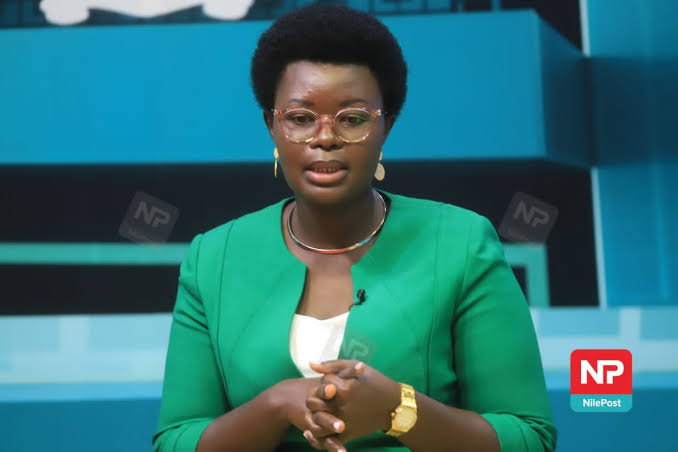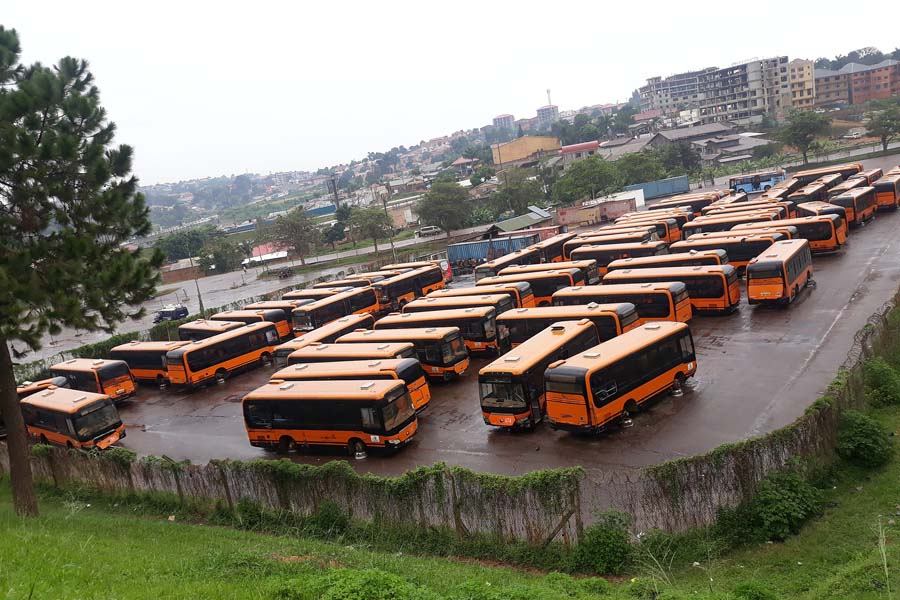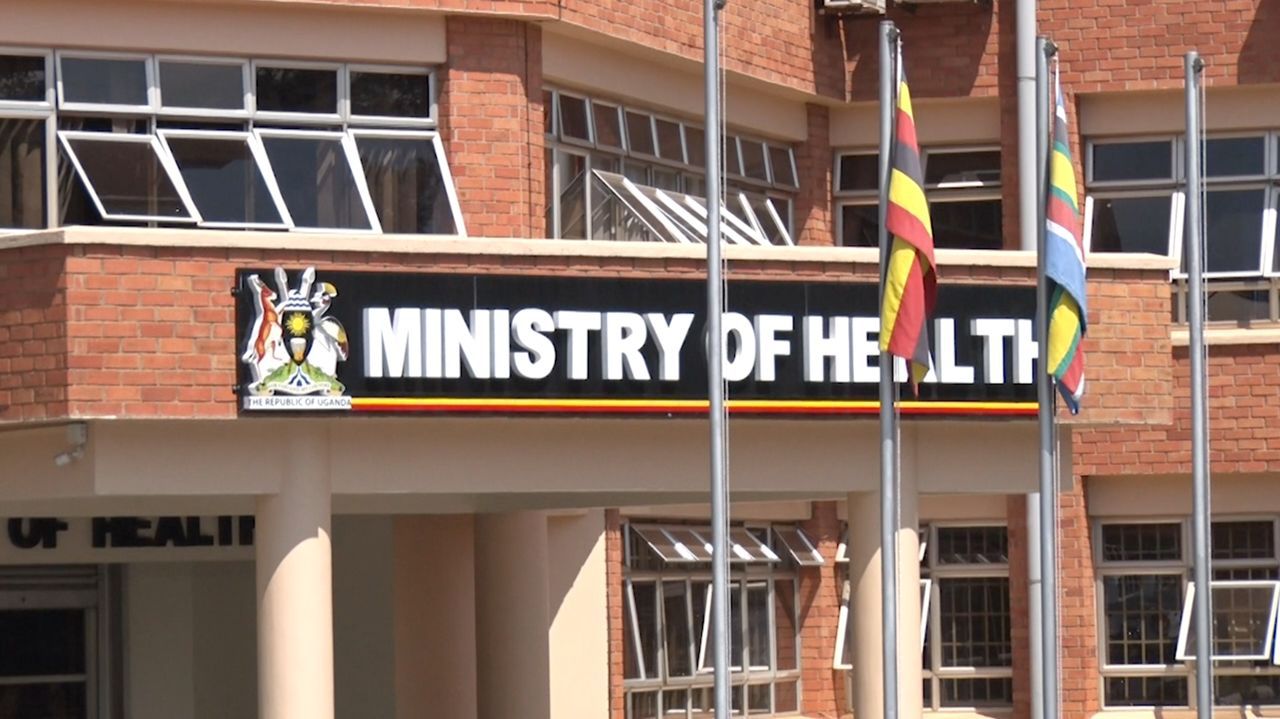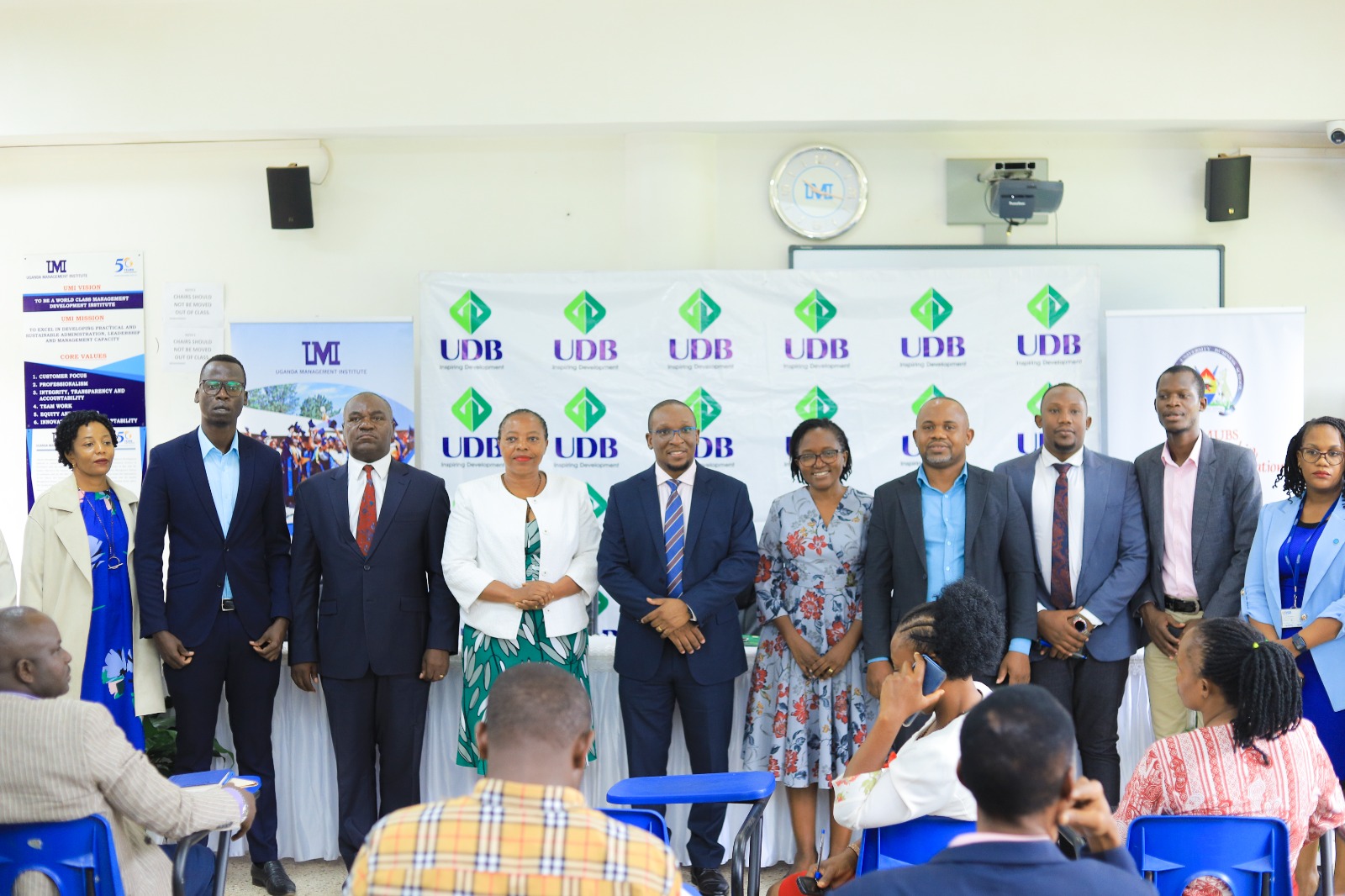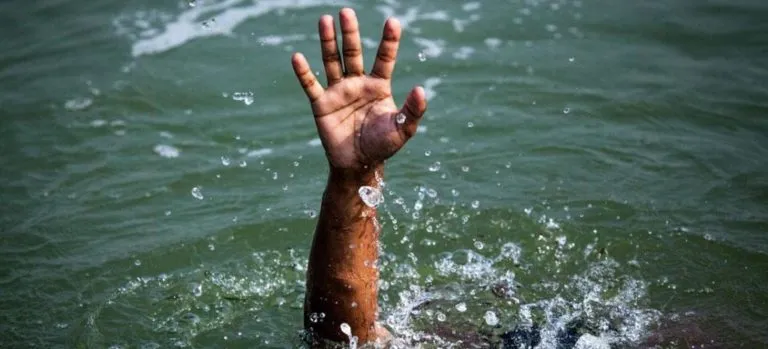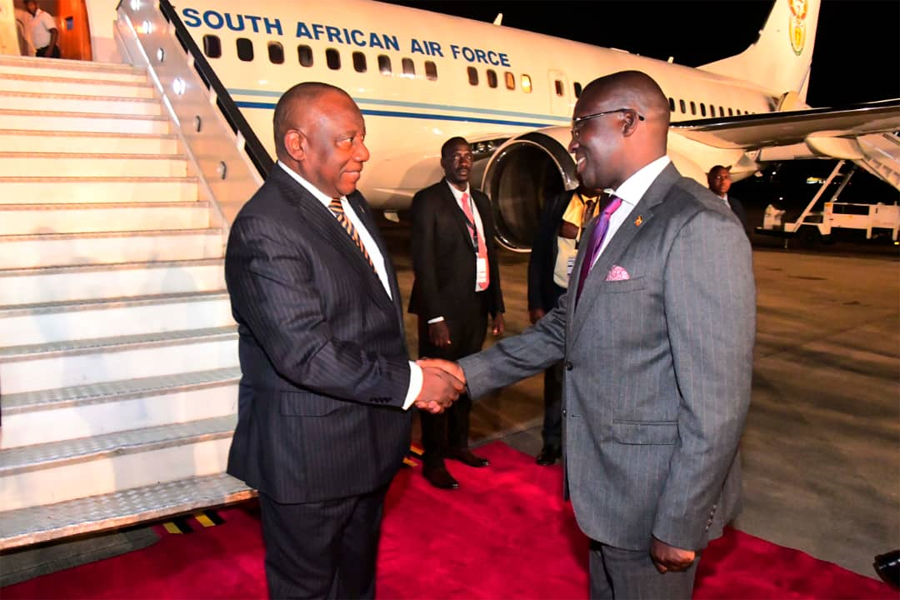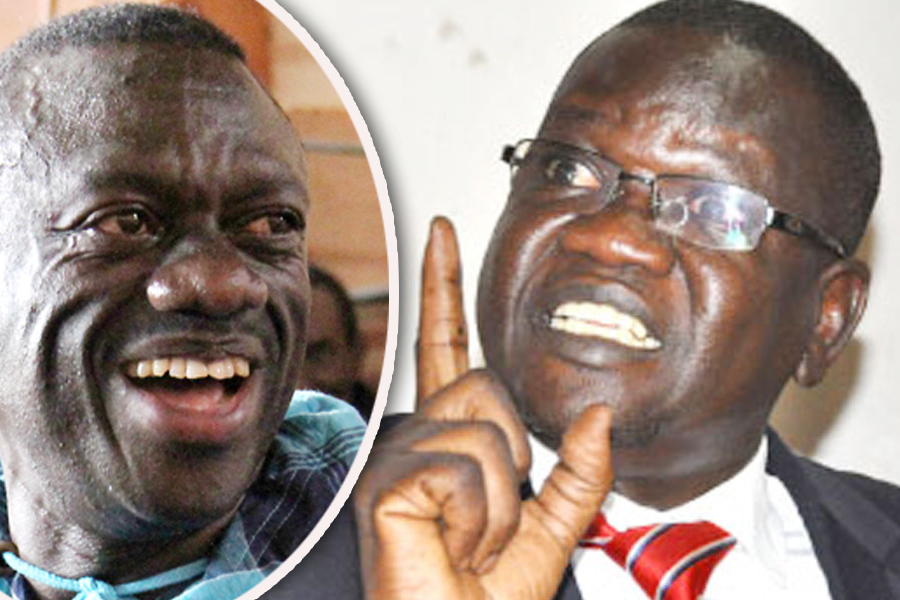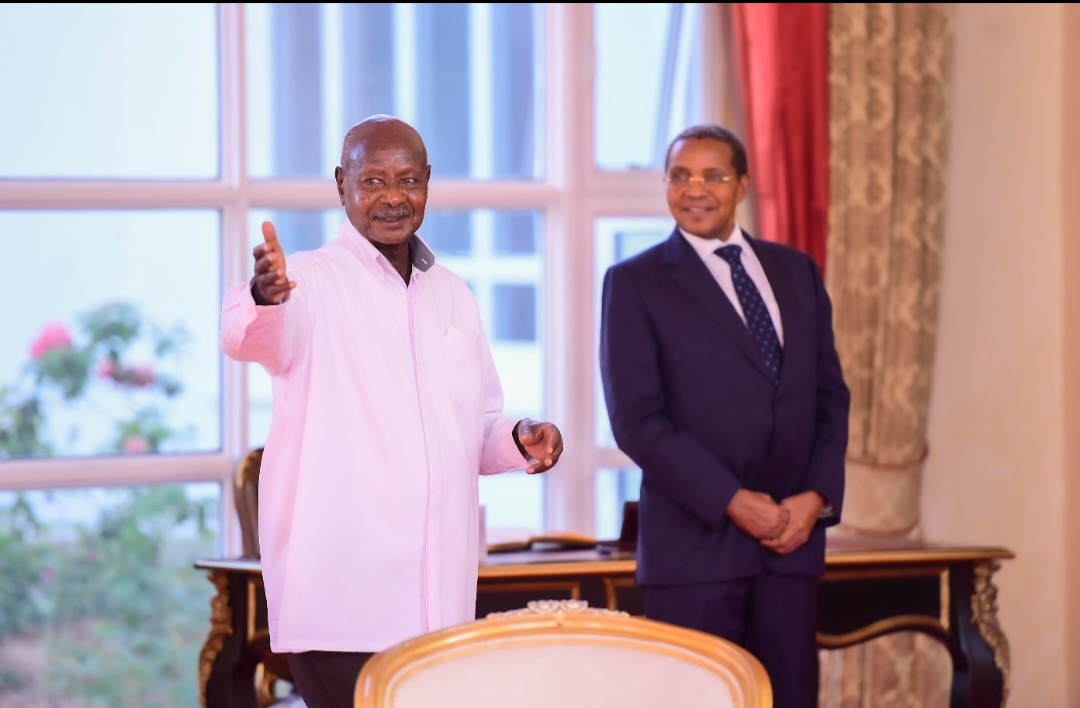Chris Nkwatsibwe
Keep Reading
Over the past two weeks, President Museveni has addressed the nation five times to guide the nation through the crisis created by the Coronavirus pandemic.
From the different instructions issued and steps taken, it is notable that the president and his team have exercised thoughtfulness and reasonability in the decisions taken and that the government of Uganda is doing its best to prevent the widespread of the virus within Ugandan borders.
The most notable of these guidelines include; suspension of all public transport for passenger movement such as taxis, Costa's, minibuses, buses, passenger trains, bodabodas, tukutukus (tri-cycles); closing down of markets trading in non-food items and closing down of bars among others.
Yet reasonable as these measures are, they beg the question: How does the government intend to manage the social and economic effects of these measures?
It is indubitable that a country with no social security nets and limited savings, with majority engaged in informal sector feeding hand to mouth, the directives will have far-reaching consequences for the livelihoods of most citizens. Majority of Ugandans will be faced with the key questions around survival.
As such, it is not enough for government to issue and enforce these directives, it needs to go a step further, to do a lot more: to balance the efforts to mitigate the spread of the virus and protect her citizens from deprivation, dispossession, and desperation – effects that will inevitably come to bear in the next couple of days.
The ability to work from “home” for example, to keep large stocks of food or order food online, is not available for most Ugandans.
Yet, president Museveni, in all his five addresses seems not to answer these existential questions.
If the “lockdown” causes us to starve, what shall we do? Will government provide food stamps?
More so, the businesses that have been compromised by president Museveni’s directives — the bodabodas, taxis, market vendors, etc — are a source of livelihood for up to 70% of Ugandans in Kampala and Wakiso alone.
How shall we pay our rent?
How shall we meet our loan repayment obligations? How shall we feed our families?
How shall we pay our water and electricity bills?
We can’t assume that there are easy fixes to these challenges, but where there is a will, there is always a way.
Our government ought to be able to provide some solutions. It is in this spirit that a number of people have made several suggestions for the government to consider.
Dr. Kiiza Besigye, for example, has called for extensive social and economic support “for those who need inputs to keep them safe but cannot afford those inputs” – that national water, which is still a government parastatal should not charge Ugandans for water used during this period of national quarantine.
That UMEME waives charges on electricity during this season and that taxes on soap and basic necessities like salt be abolished until the crisis has passed.
This would at least make these items affordable for most Ugandans.
Temporarily abolish the payment of PAYE so that salaried income earners have enough disposable income to provide for their families is something affordable and achievable for government.
With the high levels of dependence in this country, this would go a long way in providing some level of comfort for most breadwinners.
I think this is also a good time for all Ugandans to suspend private interests and the pursuit of profit for the public good.
In this case, the government should work with banks, SACCOs and other lending institutions to restructure existing loans to provide easement on businesses that largely depend on loans for capital.
Government should also issue a directive to all landlords to suspend rent collections until this crisis has passed.
One can argue that these measures are draconian: that in some way, government would be infringing on the market.
However, in this crisis, measures like this are simply logical. Imagine a bodaboda rider whose only source of livelihood is daily earnings from riding the bodaboda.
He uses his daily earnings to make monthly loan repayments on a loan he/she acquired to purchase the motorcycle, pay rent, and feed his family and children.
For 14 days (at least for now) his/her projected earnings will be reduced from 100% to zero. If not helped, the threat of coronavirus will be the least of his/her worries.
Economists might argue that this has a serious effect on the supply chain, on the markets or the economy, but the call here is not for government to make irrational interventions, but rather necessary well-thought interventions without which there will not be an economy or market to protect.
The challenge we have today is that even when the president is visibly exercising restraint in his directives to protect the public from the spread of the virus, there are not visible attempts at putting in place measures to mitigate the challenges that will arise out of implementing these directives in the short run.
What we want, what Ugandans want, is a government that cares. And for those in our comfort zones, those who will see these effects from afar, those who will argue to protect privilege, profit, and private gain, we must know that when we get so hungry and there’s nothing else left to eat, we might easily turn to eating each other.
– SCENE Deputy Chief of Party – Uganda National NGO Forum


